Here's Why You Probably Don't Want To Freeze Your Credit
As breach after breach of personal data is announced ― hackers behind the Equifax incident of 2017 alone stole personal data, Social Security numbers, birth dates, addresses and even some driver’s license numbers from an estimated 143,000,000 Americans, plus jeopardized 210,000 credit card accounts ― many consumers are asking, “Should I freeze my credit?”
Plenty of cybersecurity experts suggest that it’s just one of the things consumers can do to protect themselves. Here are some things to think about before you do:
Freezing your credit, at least at the moment, is a major hassle.
While a credit freeze may stop someone from pretending to be you and applying for a credit card or taking out a car loan, it also will block you from doing the same. Once you put a credit freeze on your files, you have to lift it when you want to use your credit and then reestablish the freeze afterward.
To put a credit freeze in place, you must contact each of the three credit reporting agencies separately (Equifax is one of the three) at the companies’ credit freeze portals. If you don’t contact all three, you basically have no “freeze.”
And good luck on that one.
Just getting through to Equifax via its website or phone system has been a job for Superman. Between the site crashing and the phone lines being jammed, The New York Times recently asked in all seriousness: Do Equifax’s website and phone systems actually [even] work at this point?
Times columnist Ron Lieber reported that some people are waiting until the middle of the night to use Equifax’s security freeze website and then still failing to get through. “It’s like trying to get Bruce Springsteen tickets, except nobody wants to see this particular show.”
There’s lots of frustration ― and rage ― being expressed on Twitter as well.
@Equifax You fail 143m people, then you can't help fix the problem after. #creditfreeze and monitoring should be free for LIFE for victims. pic.twitter.com/Rdb1qkx0GC
— Alex Taylor (@AlexTaylorBooks) September 14, 2017
Freezes are not for everyone.
There’s something you can ask yourself: Just how much confidence do you have in the credit bureaus at the moment to know they will respond quickly and accurately if you want to turn off a freeze so that you can buy a house or a car?
Reminder: They haven’t actually been able to answer the phone or keep their websites operational when breaches happen.
Credit security experts advise that if you know you will be applying for a loan soon, hold off on freezing your credit. Maybe they haven’t been able to get through on the phone either?
Credit freezes are not the salve for your Equifax wound.
When you put a freeze on your report at a credit bureau, it means that that bureau won’t release your information when a company requests it. So if someone applies for a line of credit with a bank, the bank will pull your credit report and see that it’s frozen. Theft thwarted.
According to the a freeze doesn’t affect your credit score and you will still be able to monitor your credit yourself with a free annual report.
But a credit freeze doesn’t do a thing to protect any data that has already been compromised. While a freeze prevents new lines of credit from being opened, it doesn’t stop thieves from going on a shopping spree with your already-breached credit card number.
Systems to prevent misuse of credit cards are already in place.
The good news is that most financial institutions already have ways to flag questionable transactions. You probably know this firsthand if you’ve ever traveled out the country and didn’t let the nice folks at MasterCard know you were on the move. What happens is they will try to reach you, and if that doesn’t work, they will freeze your credit card. And you may just learn about it as you attempt to pay the check at a fancy restaurant in Paris.
(Most credit card companies ask that you let them know your travel plans to avoid credit interruption over suspicious purchases.)
Credit card companies pay attention to where and how you shop. A large online purchase of electronics sent to an address you’ve never used is going to raise a red flag, and you will likely be contacted and asked to verify it. Credit cards also protect you against unauthorized purchases if you let them know about them. If the merchant can’t produce evidence that you bought an item, there is an excellent chance you won’t have to pay for it. If an account has been compromised, it will be closed immediately and a new account opened and the cards for it sent to you overnight.
All of which makes credit and bank cards a bit more protected because of industry efforts to police their use. A credit freeze won’t do anything close to that.
And just as a footnote: The FTC Consumer Sentinel Data Book reports that most credit card theft originates from us giving out our account numbers over the phone. So maybe we should be a little more cautious in that regard.
A freeze could actually expose you to more harm.
When you put a freeze on your report, you will be given a secret PIN that allows you to freeze and unfreeze your report at will ― assuming you can get through to the three companies. But having a PIN is problematic for one big reason: What happens if cyber-thieves hack into the vault of a company that maintains your credit freeze? You know, kind of like what just happened to Equifax?
For what it’s worth, Equifax made no new friends when it began handing out PINs after the 2017 breach. As reported on Twitter by Tony Webster and confirmed elsewhere, Equifax’s secret PINs were just the date and timestamp of when you initiated the freeze. Webster tweeted, “If you froze your credit today [Sept 8 2017 at] 2:15pm ET for example, you’d get PIN 0908171415.”
Screenshot of when you're assigned an Equifax security freeze PIN. It's just a timestamp of when you made the freeze: MMDDYYHHMM. pic.twitter.com/xna8aaQ2b3
— Tony Webster (@webster) September 9, 2017
Once Equifax learned of the problem, it switched to random number generation. But for those consumers who froze their credit before the random number generator was installed, changing a PIN to something different from the original timestamp requires written correspondence to Equifax, reported David Berlind, editor of ProgrammableWeb.
Nothing like customer service being the first casualty in a disaster.
Related...
Credit Report vs. Credit Score: What's The Difference?
How To Prevent Child Identity Theft By Freezing Your Kid's Credit
Free Credit Score Guide: How To Check Your FICO and VantageScore At No Cost
Also on HuffPost
Love HuffPost? Become a founding member of HuffPost Plus today.

Trim your entertainment subscriptions ruthlessly.
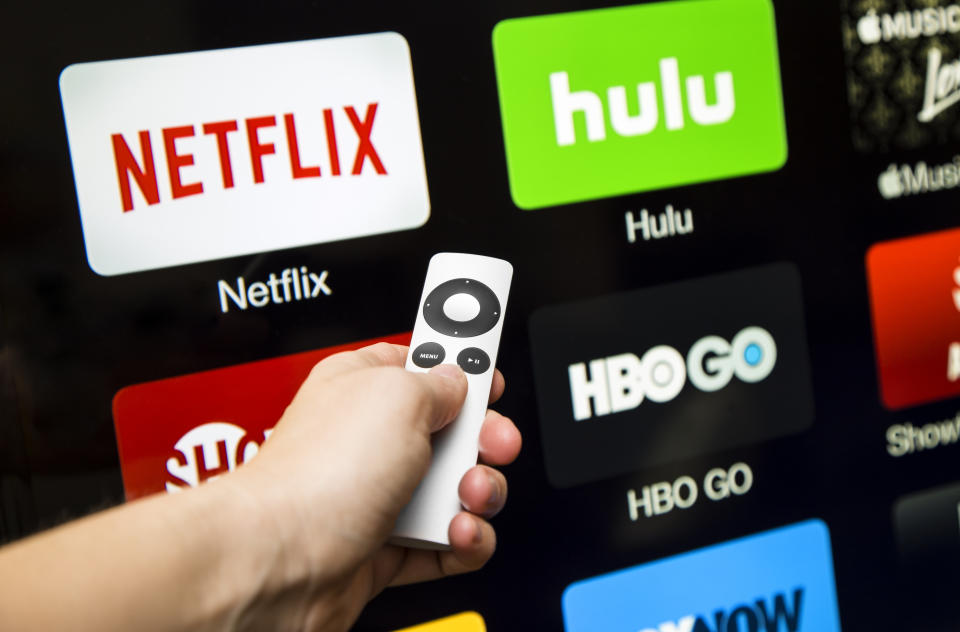
You’ll save at least $100 to $150 a year for each streaming service you drop.
Cancel stuff after the free trial period ends.

Spotify Premium will give you a month free ― and then automatically start billing you $9.99 a month. Amazon Prime gives you a free month ― before charging your credit card annually.
Mark the date the free trial ends and set a calendar reminder for yourself to cancel in time.
Cut subscriptions that are charged to your credit card.

To help you keep track of all the automatic wallet drainers, check out the app Trim. Once you sign up and connect your bank account and phone number, it analyzes your transaction history for recurring payments. Every time your account is hit for such a payment, the app sends you a text to remind you where your money is going.
Use digital coupons and price-trackers.
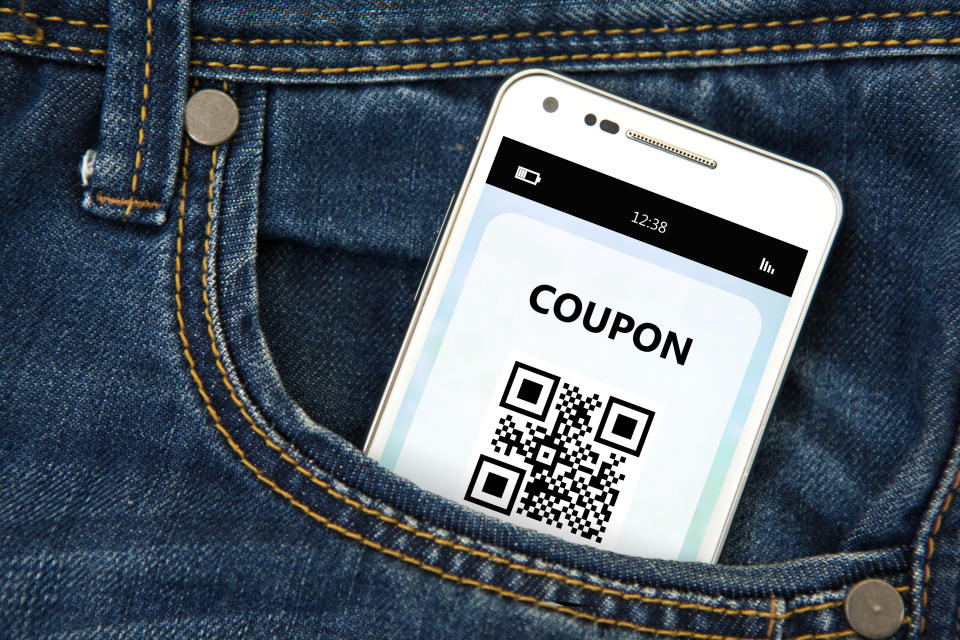
Honey, for example, is a free web browser add-on that goes through your cart when you check out online to make sure any possible coupons or discount codes have been applied. In 2017, Honey saved members over $325 million, a company spokesman told HuffPost.
Another service worth checking out is CamelCamelCamel, which keeps tabs specifically on the prices of Amazon products so you know if you’re paying high and might want to wait for the price to drop.
Work from home at least one day a week.

Think about it: When you don’t commute, you use less gas and don’t have to pay for parking or other transportation services. You can even cut back on day care for kids or pets and you might bank a tidy $660 annually just by working in your sweats once a week.
Here are five tips for negotiating a work-from-home schedule with your boss.
Drive less.

Those who decreased their total annual miles from 10,000 to 5,000 saved an average of 7 percent on their premiums, according to a 2015 study by Quadrant Information Services.
Drive more.

Stop paying others to drive things to you.

Why? Because UberEats, for example, charges $5 per delivery. If you order lunch delivered twice a week, that’s $10 a week or more than $500 a year, not including tips ― money you can put in the bank instead.
If you drive a clunker, insure a clunker.
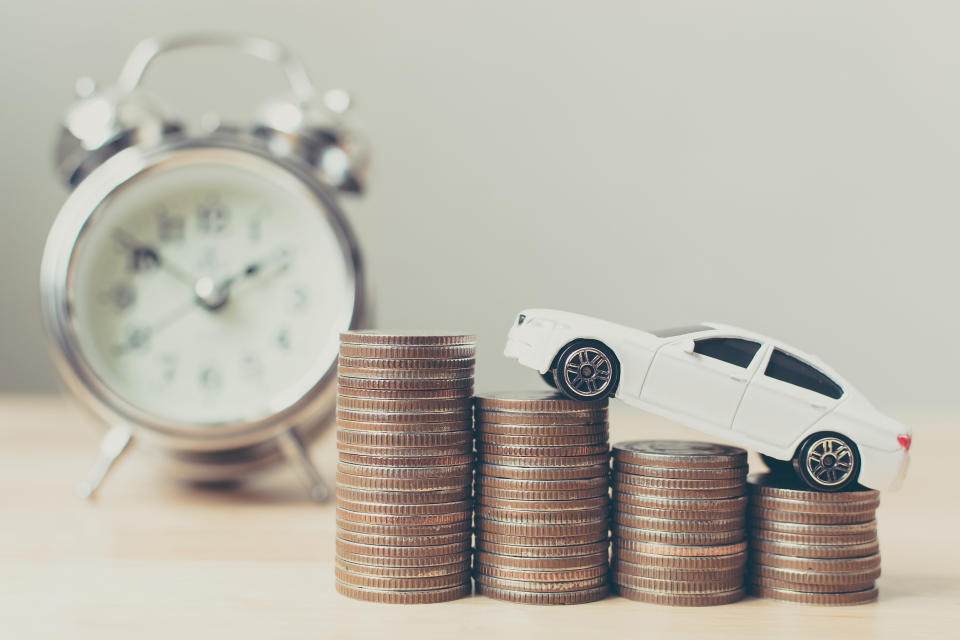
Eliminating the comprehensive and collision coverage could save you between $375 and $1,500 a year ― which could help you begin building that decent-car fund you really need.
Direct deposit your pay somewhere it’s hard to touch.
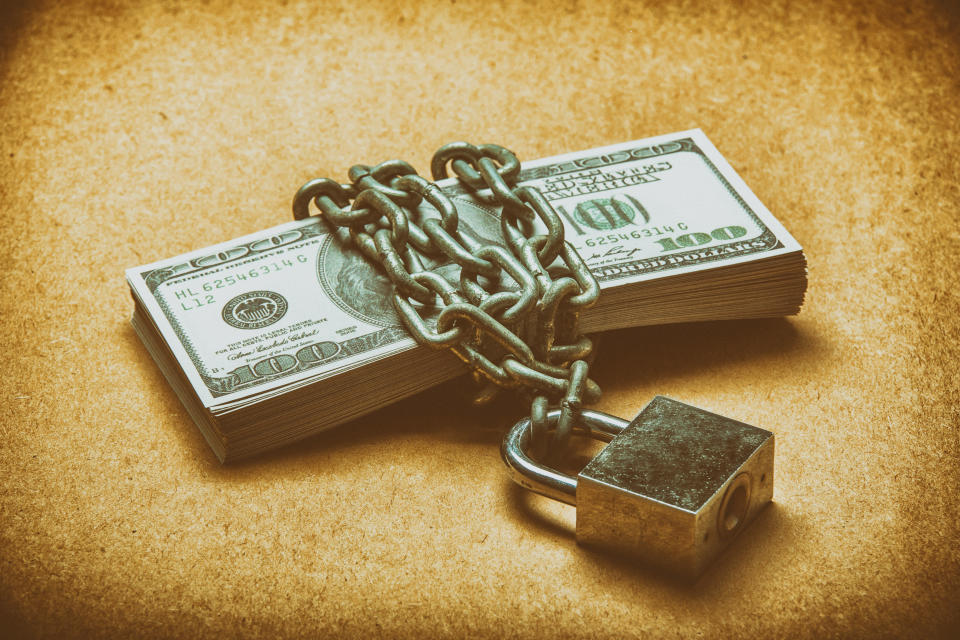
The point is that sometimes we need a stern authority and strict rules to back up our wavering self-discipline. If your employer offers multiple direct deposit options, have a certain amount from each paycheck sent directly into your savings account. If your employer offers a 401(k) plan, participate! You won’t miss what you never see.
Liberally apply the 30-day rule to your purchasing.

The trick when you see something you want is to wait 30 days to determine if you still want it. Finder’s free Icebox Chrome extension encourages you to rein in your buying impulse up to 30 days by replacing the “buy” button on websites with a “put it on ice” button. It keeps a list of items and lets you know when the “cooling period” is up, at which point maybe the urge to purchase has passed.
Renegotiate your rent.
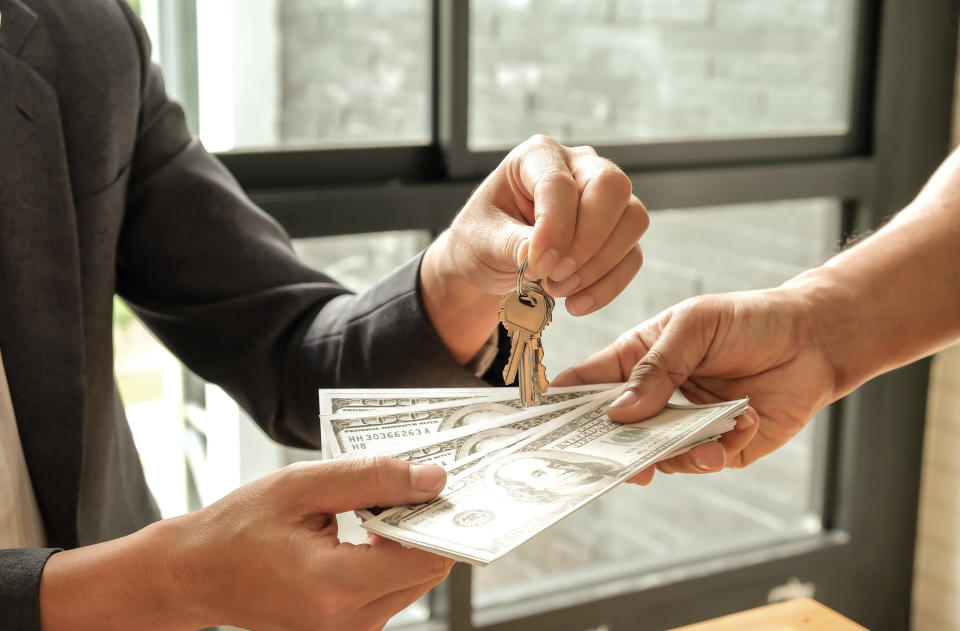
Sell before you give away.

Give away before you toss.
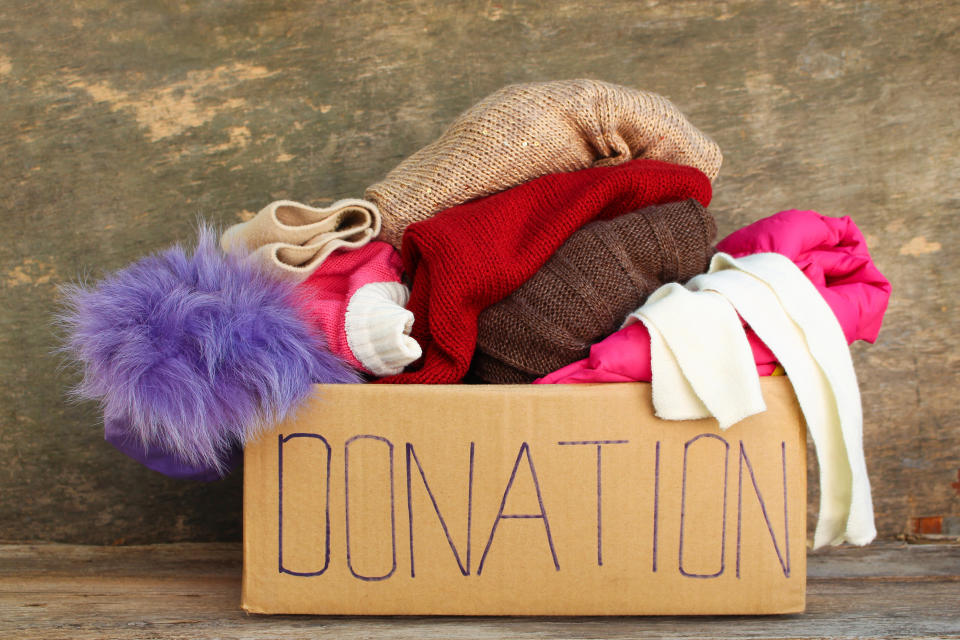
Stop wasting money on the lottery.
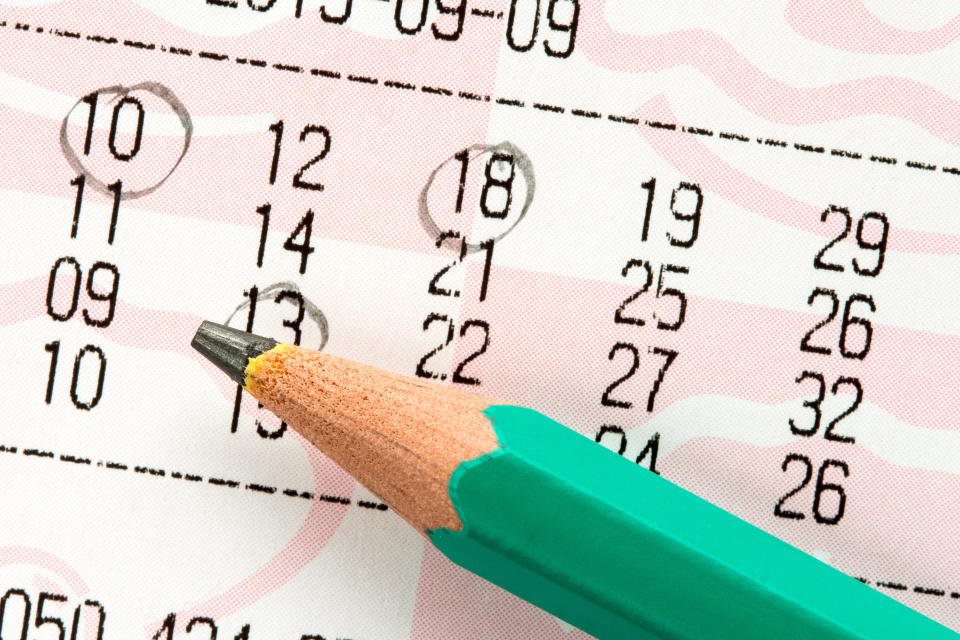
Drink the office coffee.

One easy way to make sure your effort counts is to use the Tip Yourself app to put a few dollars away every time you opt for the free java.
Don’t overbuy online services.

For example, consider all those sites designed to help you check out the new prospects you meet on online dating sites. Most sell their services “in bulk.”
If you are constantly vetting people, maybe the longer plans make sense. But if you’re using these services to check out dating prospects, will you still be looking into the backgrounds of a lot of strangers in three months?
Don’t drink and shop.

This article originally appeared on HuffPost.

